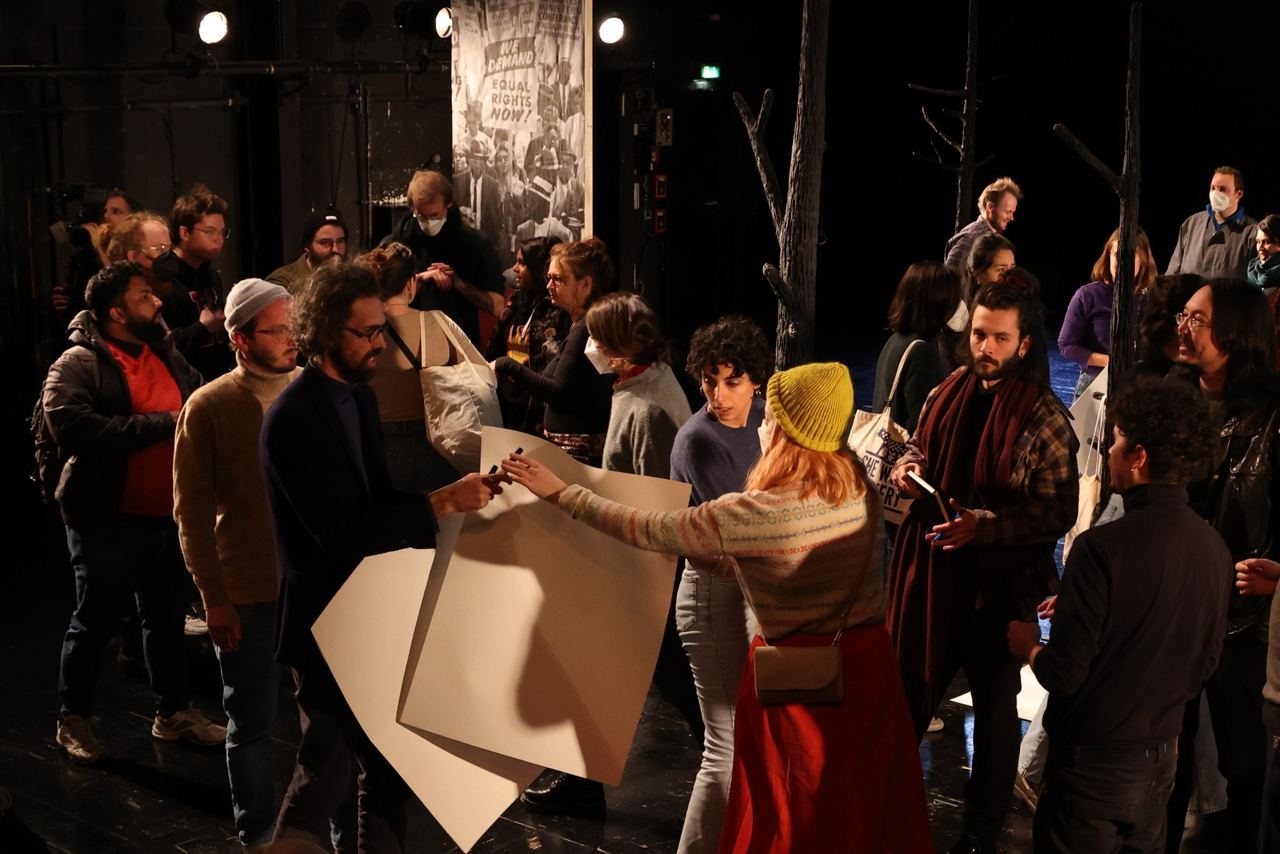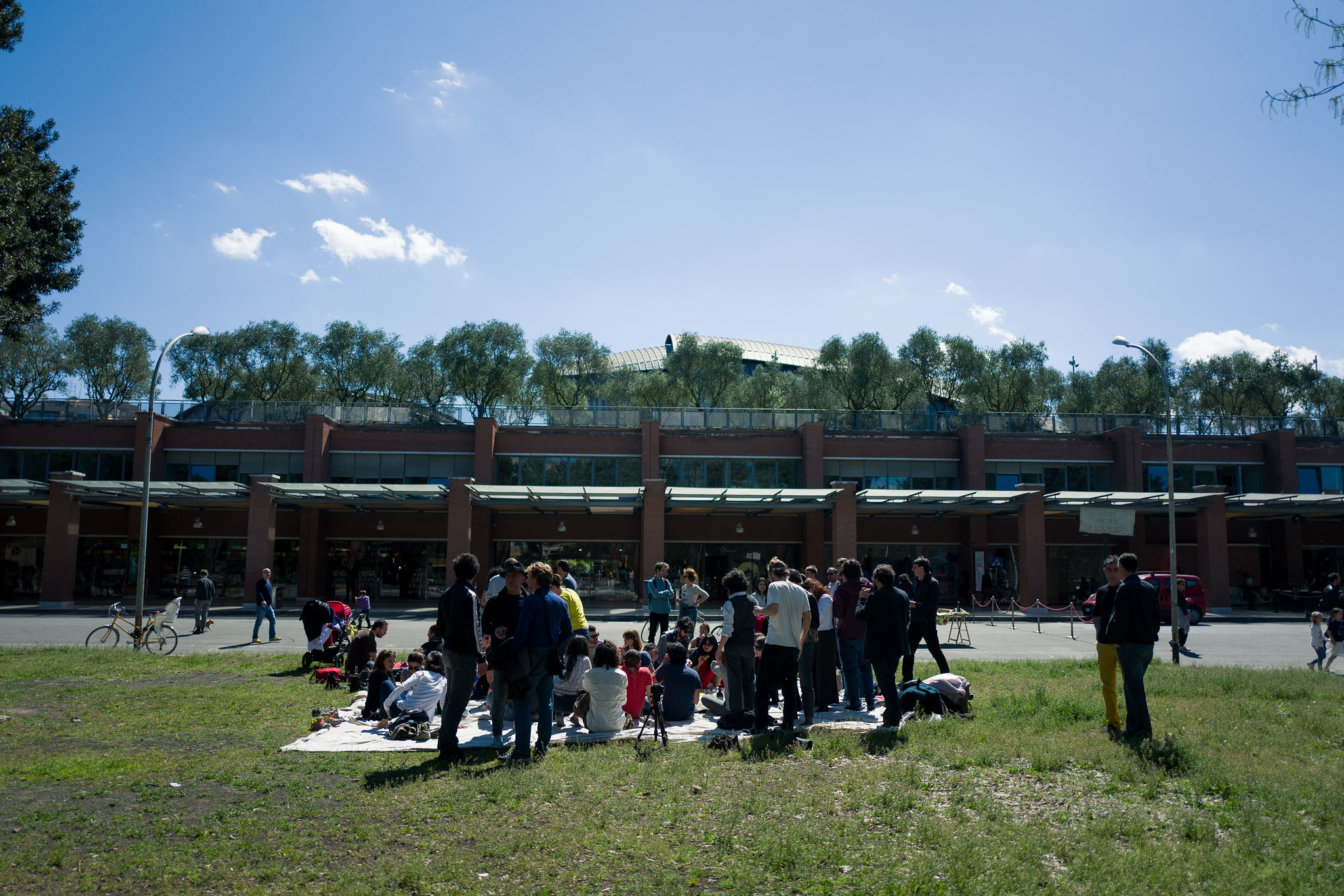Jul 4, 2023
Transnational European Assembly on advancing towards a gender justice in the European Union
On the 22nd of June 2023, we held the European Transnational Assembly on advancing towards Gender Justice in the European Union, in Barcelona at the National Catalan History Museum premises.
The session focused on promoting citizens’ reflection on gender justice and the gathering of recommendations to improve the protection of fundamental rights throughout the European Union, as a core goal at a European policy level under the Gender Equality Strategy 2020-2025.
The focus of the assembly was to raise the awareness on the importance of bringing citizens’ and residents’ of the EU realities and experiences to influence the European Union political parties, policies and institutions.
In addition, it built awareness of the relevance of citizens’ demands and the understanding of the great influence in their daily life of European policies and to facilitate the identification of how the recommendations elaborated from their own voice can have an impact at the level of the European policies developed in the different countries.
Specifically, the Assembly focused initially on four main topics that were selected during the preparatory participatory process, making more specific the initial proposal of main topics (sexual and reproductive rights, education rights, health rights, inclusion and democracy).
The following topics were discussed during the European Transnational Assembly in Spain:
- Gender justice in media communication
- Gender justice at the workplace and women’s economic empowerment throughout their life
- Gender justice for migrant people and anti-racism
- Gender justice in women’s health and sexual and reproductive rights
Moreover, three guiding questions were set to facilitate deliberation around the main topics and were a useful tool to energise and focus the debate:
- What do you consider to be the most important or essential priority, from a Human rights and Gender equality perspective, to advance gender justice in the European Union?
- Which concrete recommendations and policies can we propose?
- From where do you think it is possible to make this progress?
- What could be the role of citizenship to achieve it?
Main topics were expanded in smaller working groups and brought back to plenary discussion that was co-moderated by a youth (political science student) and by the Aroa Foundation’s Director, Nuria Pociello Cayuela. During moderation they also provided their experience from their backgrounds as a 19 year-old student involved in citizens organisations and as a grassroots activist with experience in citizens’ democratic deliberation processes and participation in different platforms such as human rights and democratic platforms.
Also to facilitate deliberations around the main topics and to combat disinformation the event featured input from expert activists, professionals and journalists on what the EU is doing in terms of women’s and LGBTI rights. The participating expert’ speakers that facilitated the fostering of inspiring inputs during the session were:
- – Isabel Muntané: feminist journalist, specialised in gender based violence and media.
- – Maimouna Sabaly: human and women’s rights activist.
- – Emma Gumbert: labour lawyer expert in the economy and work gender approach
- – Maite Cayuela: nurse, specialised in integrative health and women’s empowerment.
In some points of the discussions the experts supported and promoted the subgroup discussions by providing additional inputs when necessary for the participants to formulate their opinions or they reinforced the relevance of the final remarks and recommendations worked by the participants and presented at the end by some participants with a final wrapping up by the moderators.
The citizens participating in the assembly elaborated 15 concrete proposals of recommendations to advance towards Gender Justice at the EU under the main topics and a new topic that arose during deliberations regarding the role of education to achieve gender justice at the European Union widening the scope up to 5 main topics.
Download here the full report


